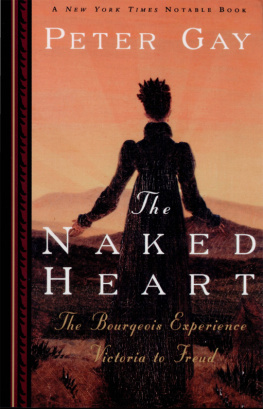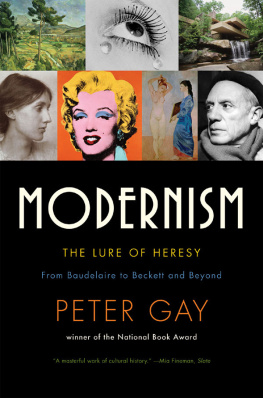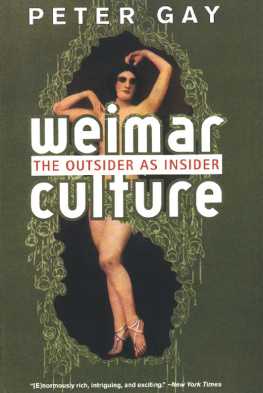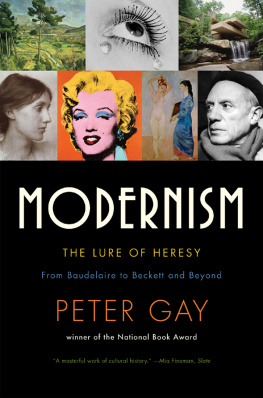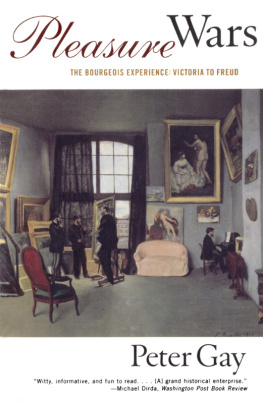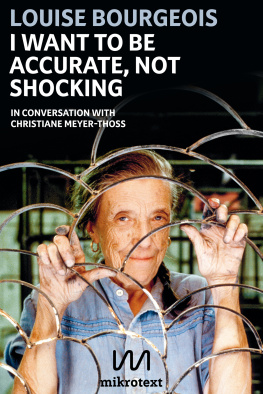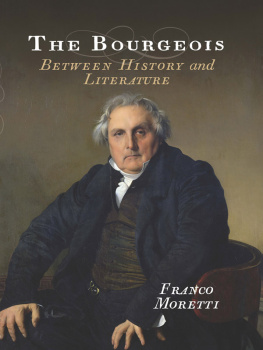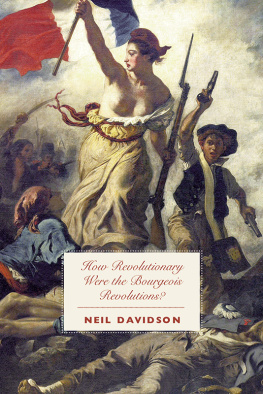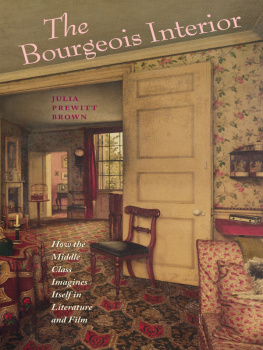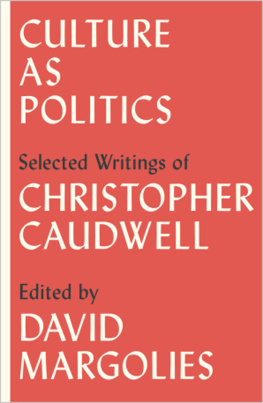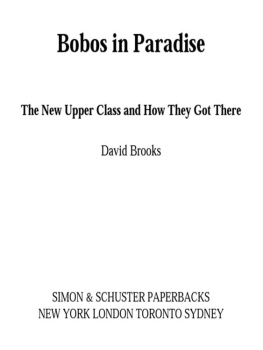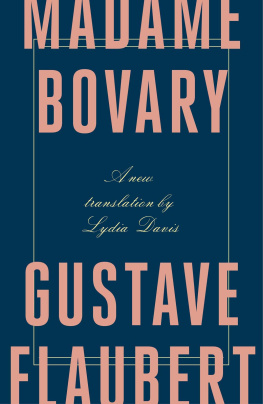Peter Gay - The Naked Heart (Bourgeois Experience, Vol. 4)
Here you can read online Peter Gay - The Naked Heart (Bourgeois Experience, Vol. 4) full text of the book (entire story) in english for free. Download pdf and epub, get meaning, cover and reviews about this ebook. year: 1995, publisher: W W Norton & Co Inc, genre: Detective and thriller. Description of the work, (preface) as well as reviews are available. Best literature library LitArk.com created for fans of good reading and offers a wide selection of genres:
Romance novel
Science fiction
Adventure
Detective
Science
History
Home and family
Prose
Art
Politics
Computer
Non-fiction
Religion
Business
Children
Humor
Choose a favorite category and find really read worthwhile books. Enjoy immersion in the world of imagination, feel the emotions of the characters or learn something new for yourself, make an fascinating discovery.
- Book:The Naked Heart (Bourgeois Experience, Vol. 4)
- Author:
- Publisher:W W Norton & Co Inc
- Genre:
- Year:1995
- Rating:4 / 5
- Favourites:Add to favourites
- Your mark:
- 80
- 1
- 2
- 3
- 4
- 5
The Naked Heart (Bourgeois Experience, Vol. 4): summary, description and annotation
We offer to read an annotation, description, summary or preface (depends on what the author of the book "The Naked Heart (Bourgeois Experience, Vol. 4)" wrote himself). If you haven't found the necessary information about the book — write in the comments, we will try to find it.
The Naked Heart (Bourgeois Experience, Vol. 4) — read online for free the complete book (whole text) full work
Below is the text of the book, divided by pages. System saving the place of the last page read, allows you to conveniently read the book "The Naked Heart (Bourgeois Experience, Vol. 4)" online for free, without having to search again every time where you left off. Put a bookmark, and you can go to the page where you finished reading at any time.
Font size:
Interval:
Bookmark:

TO
DONALD LAMM
who helped me get over my writing block
Contents
Our age is bewailed as the age of Introversion. Must that needs be evil? We, it seems, are critical; we are embarrassed with second thoughts; we cannot enjoy any thing for hankering to know whereof the pleasure consists; we are lined with eyes; we see with our feet; the time is infected with Hamlets unhappiness,Sicklied oer with the pale cast of thought. Is it so bad then? Sight is the last thing to be pitied. Would we be blind?
Emerson, The American Scholar (1837)
Je peux commencer Mon coeur mis nu nimporte o, nimporte comment, et le continuer au jour le jour, suivant linspiration du jour et de la circonstance, pourvu que linspiration soit vive.
Baudelaire, Mon coeur mis nu (after 1861)
Der Psychologe wird verlangen drfen, dass die Psychologie wieder als Herrin der Wissenschaften anerkannt werde, zu deren Dienste und Vorbereitung die brigen Wissenschaften da sind. Denn Psychologie ist nunmehr wieder der Weg zu den Grundproblemen.
Nietzsche, Jenseits von Gut und Bse (1886)
The Naked Heart
The nineteenth century was intensely preoccupied with the self, to the point of neurosis. During the very decades of the most sustained campaign for mastery of the world ever undertaken, bourgeois devoted much delightful and perhaps even more anxious time to introspection. It was while scientists and sociologists, physicians and reformers launched their concerted assaults on ignorance, poverty, and disease that novelists, painters, biographers, and even historians made self-exploration their cardinal business. Edgar Allan Poe promised instant glory to the one who would write a very small bookmy heart laid bare. He never did write it; nor did Charles Baudelaire, who adopted Poes proposal and took some stabs at it.1 But there were swarms of bourgeois in the century who shared their naked heart with their contemporaries.
As was to be expected, specialists in human nature supplied invaluable clues to the search for the self. Illustrious Victorian names tumble over one another. Philosophers from Hegel to Nietzsche intensified the explorations first undertaken by the ancient Greeks and pointed the enterprise in unexpected directions. Psychologists like Wilhelm Wundt and Jean Martin Charcot made their discipline far more responsive to observation than it had ever been and tried to earn it a reputation for being a science of man. In the writings of that astonishing genius William James, advances in psychological understanding blended with original departures in introspective philosophy. Around the turn of the century, Sigmund Freud began to revolutionize the way we think of the mind at work, although he had to wait for the 1920s before his theories penetrated into general culture, until now everyone, including the most impassioned anti-Freudian, speaks Freud. In his double role as scientist and polemicist, more disposed to intensify middle-class anxieties than to allay them, Karl Marx made the mentality of the bourgeoisie his special concern. But, important as these figures were, this book is only marginally about them. Rather, it deals mainly with ordinary bourgeois, with readers of biographies, histories, and novels as much as their authors, with obscure as much as well-known diarists and letter writers. Whenever possible, I have focused on whatever traces of their thoughts and feelings middle-class men and women left behind, or whatever I have been able to infer. And among these thoughts and feelings a preoccupation with the self loomed large.
Solemn commentators found this fixation problematic but beyond control. In the late 1790s, Immanuel Kant had already observed that from the day that humans started speaking through the I, they have brought their beloved self to light wherever they could, and egotism is advancing irresistibly. The nineteenth century amply confirmed Kants diagnosis. John Stuart Mill noted that self-consciousness had been the daemon of the man of genius of our time from Wordsworth to Byron, from Goethe to Chateaubriand, and provided the age with so much of its cheerful and its mournful wisdom. He need not have confined his observation to the most conspicuous autobiographical writers of the age; by mid-century the attempt to hide or reveal, at least to understand, the secret life of the self had grown into a favorite, and wholly serious, indoor sport. In 1805, William Wordsworth in a self-regarding mood had thought it a thing unprecedented in Literary history that a man should talk so much about himself.2 A few decades later, such talk was commonplace. The probing tone of nineteenth-century fiction and the increasing scientific attention lavished on dreams, drug addiction, madness, and deviant sexual passions were so many symptoms of inwardness on the march.
Impressive evidence lurks everywhere, perhaps most concentrated in an eloquent statement by Turgenev: in 1859, in his novel On the Eve, he has a leading character, no doubt speaking for his author, confess to excessive self-absorption. But then, at once apologetic and sardonic, he adds that he does not think himself a rarity: many people are always studying themselves in disgusting detail, feeling their pulses with every sensation that they experience and then reporting to themselves: Thats how I feel, and thats what I think. What a useful, sensible sort of occupation.3 No doubt, by the second half of the century, preoccupation with the state of ones nerves, already lively before, had grown into something of an obsession.4 Historians have taken Freuds psychoanalytic techniques and theories of the mind as pivotal moments in the transition of Victorian culture to the twentieth century. So they were, but they also represent the culmination of a century-long effort to map inner space.
Writers, whether novelists, poets, or editorialists, spread the cult of self-awareness to the reading middle classes. Artists, too, painters and sculptors and, in their wordless way, composers, professed a heartfelt interest in the secret needs and conflicting emotions concealed beneath civilized surfaces. It is common, said Ralph Waldo Emerson in a much quoted address, The American Scholar, in 1837the year that Queen Victoria acceded to the throneto bewail the time as the age of Introversion, an age embarrassed with second thoughts and infected with Hamlets unhappiness. But Emerson refused to be dismayed: Sight is the last thing to be pitied. Would we be blind? He thought the age of introversion a very good one, if we but know what to do with it.5 As the years went by, more and more bourgeois wondered whether they knew.
In time, then, so-called ordinary bourgeois massively joined the pilgrimage to the interior with their intimate diaries, confessional journals, and confidential correspondence, with their love letters and religious ruminations. But it was necessarily men of wordsand womenwho laid out the agenda for the rest. Praising the diagnostic virtues of phrenology, Poe singled out as its most direct, and, perhaps, most salutary effect, self-examination and self-knowledge. At mid-century, in Pendennis, William Makepeace Thackeray was a little more quizzical about the possible consequences of self-scrutiny: I doubt whether the wisest of us know what our own motives are, and whether some of the actions of which we are the very proudest will not surprise us when we trace them, as we shall some day, to their source.6 Introspection seemed as risky as it was seductive.
In fact, from the beginning of the century, the fashion of intense self-scrutiny had not only its enthusiasts but its detractors, and this contest of strongly held views provided the Victorian century with some of its most interesting tensions. While a broad spectrum of cultural critics, ranging from Karl Marx to Matthew Arnold, denigrated bourgeois for leading an empty inner life and for submitting everything to the calculus of materialistic advantage, other critics worried over bourgeois introspection as the symptom of a modern sickness. From his early years, Johann Wolfgang von Goethe, for one, had repeatedly voiced a manly distrust of concentration on the self as a descent into morbid subjectivity; the great, so significant-sounding task,
Font size:
Interval:
Bookmark:
Similar books «The Naked Heart (Bourgeois Experience, Vol. 4)»
Look at similar books to The Naked Heart (Bourgeois Experience, Vol. 4). We have selected literature similar in name and meaning in the hope of providing readers with more options to find new, interesting, not yet read works.
Discussion, reviews of the book The Naked Heart (Bourgeois Experience, Vol. 4) and just readers' own opinions. Leave your comments, write what you think about the work, its meaning or the main characters. Specify what exactly you liked and what you didn't like, and why you think so.

